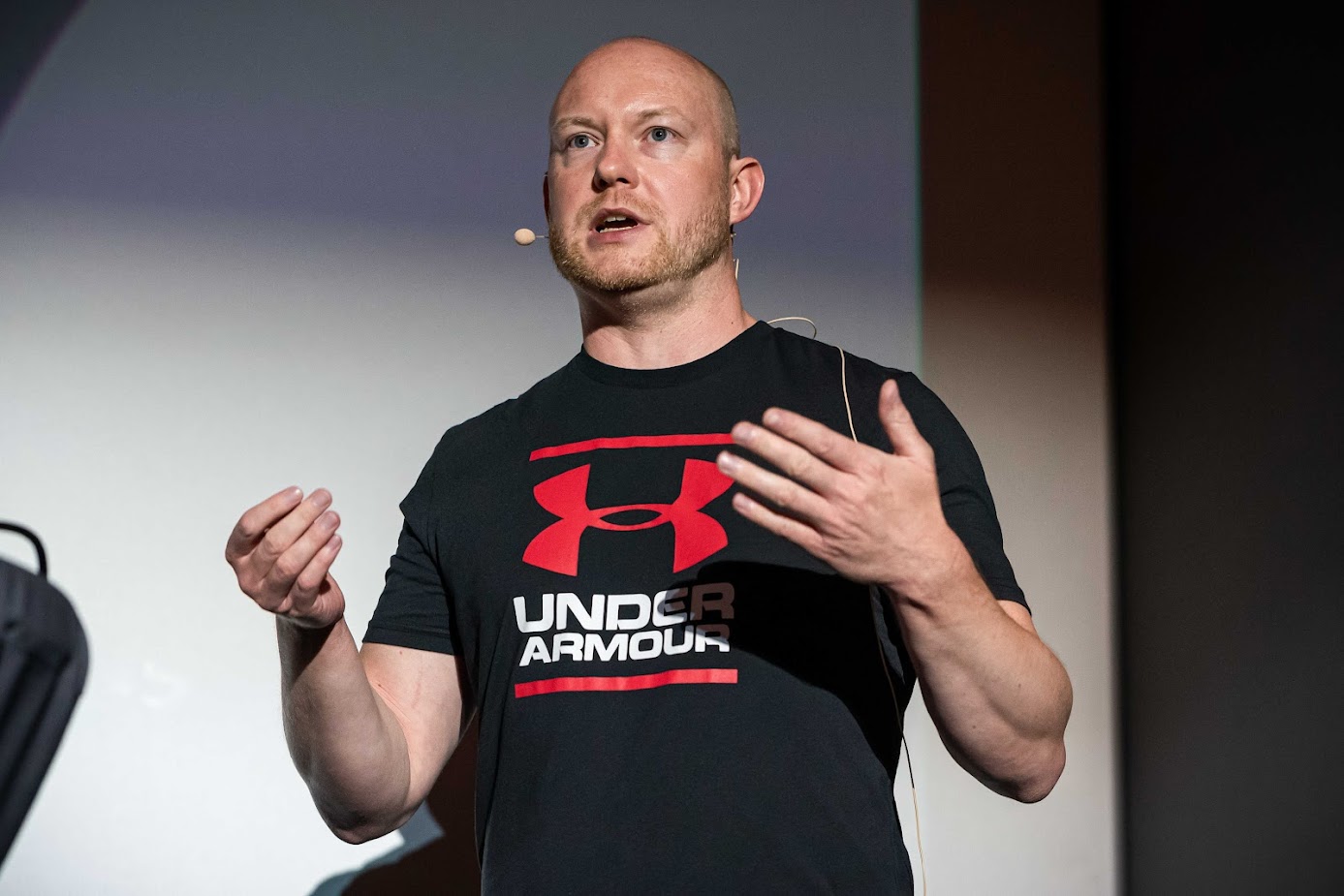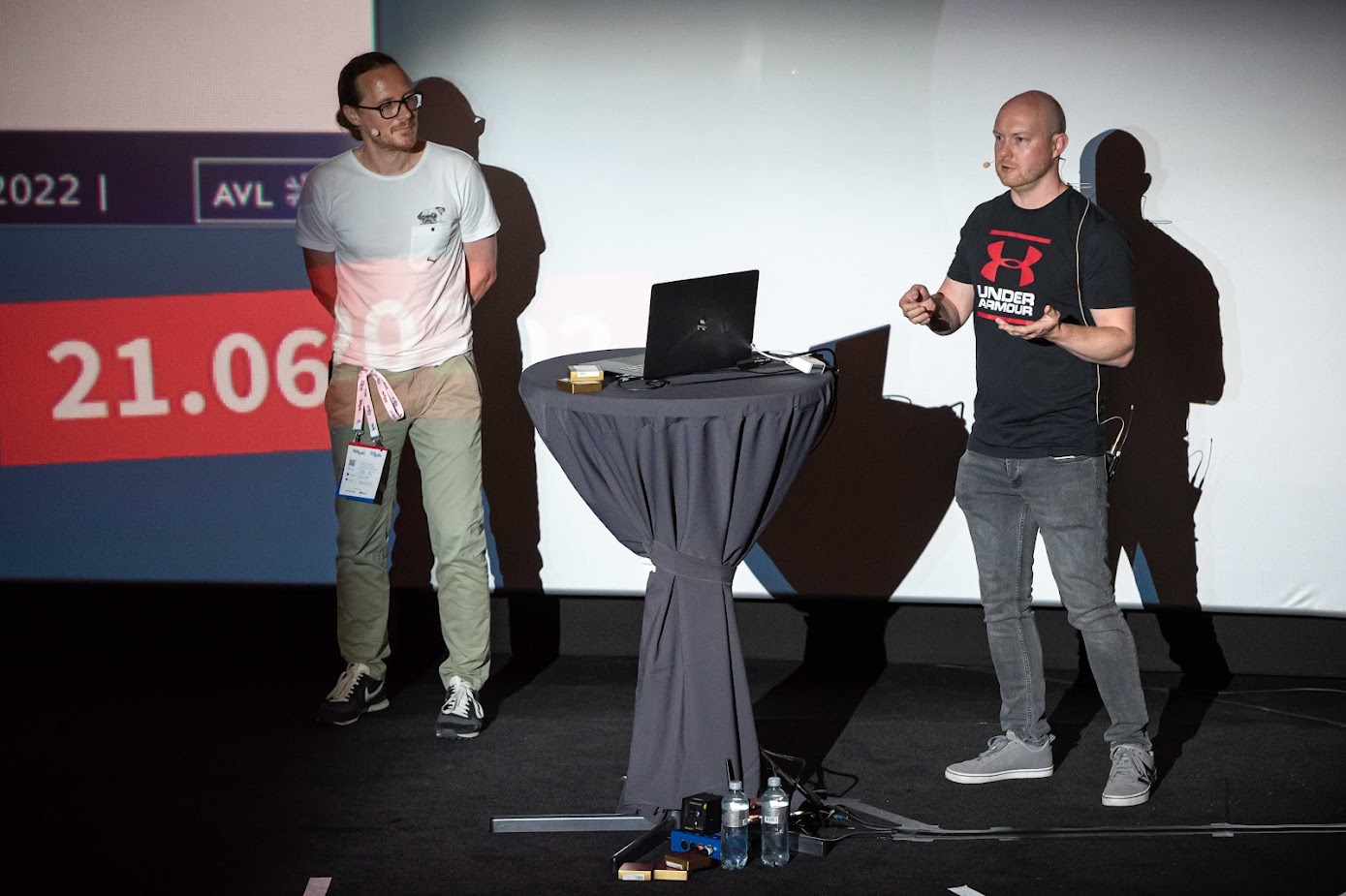Key Facts
Conference: DevOps Fusion
Topic: Migration of a containerized legacy application to the cloud
Location: Zürich
Date: 2022-06-21
Lecturer: Patrick Koch, Michael Mitter
Slides Link - Speaker Deck: https://speakerdeck.com/patkoch/devopsfusion-2022
@DevOpsFusion is over. We really enjoyed the talks, providing a lecture, having conversations.
— Patrick Koch (@PK_Koch) June 21, 2022
My personal highlight: @TheAprilEdwards promoting our lecture in front of the whole audience during the speaker preview :)
Thank you a lot for that April and it was great meeting you :) pic.twitter.com/nvY5UzQDFC
Today in the cinema: @mi_mi_77 and myself talking about #devops approaches for legacy software in #Azure @DevOpsFusion pic.twitter.com/0THgHw8qGE
— Patrick Koch (@PK_Koch) June 21, 2022
This day next week, we are going to talk about our experiences with regard to migrate a legacy app to #Azure
— Patrick Koch (@PK_Koch) June 14, 2022
Looking forward to contribute to @DevOpsFusion in Zürich :)#DevOpsOnAzure #cloud #kubernetes #container #cloudmigration #avl pic.twitter.com/iLYv4haYlw

Source of the picture: DevOps Fusion / Swiss Testing Day

Source of the picture: DevOps Fusion / Swiss Testing Day
Description
A classic legacy desktop application is usually not designed to operate in a cloud services environment, not even as a container. Nevertheless, you can’t refuse cloud adoption if you want to continue to be successful and open up new business areas. That’s why we took the plunge with our MS Windows-based monolith, whose development began more than two decades ago. The start of the changeover raised more questions than answers. Besides the architectural challenge, we also had to face an organizational challenge: From waterfall to agile software development using an enterprise framework.
- Which steps regarding to the technology/implementation have we taken and why?
- How far have we already come?
- Which tasks are still pending?
- What about the obstacles, we’ve faced?
This is what we are trying to answer.
In our workshop session, we will work together to gain a basic understanding of container orchestration in the cloud with AKS (Azure Kubernetes Services) using simple examples, related to our lecture.